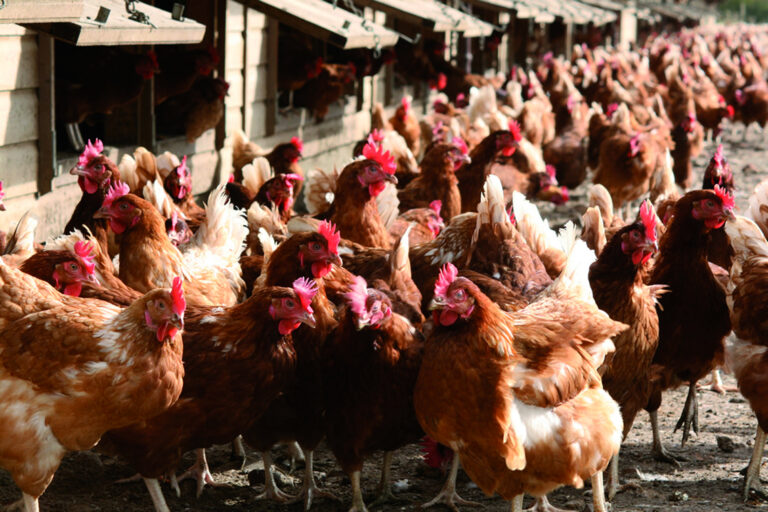A team of researchers from Norfolk is developing new technology that could revolutionise the way avian influenza (AI) is diagnosed, thanks to a £60,000 grant from the Eastern Agri-Tech Growth Initiative.
The threat of AI to poultry farmers across the East is well documented. In recent years highly pathogenic H5N1 and H5N8 AI strains have been reported in flocks of chickens, turkeys and geese. There have been reports outside the UK of the virus crossing to humans and so authorities immediately cull whole flocks and other flocks in close proximity, whether the birds are infected or not. In February 2017 the H5N8 strain was strain was discovered at a poultry farm in Redgrave, Suffolk where 23,000 birds were culled.
Iceni Diagnostics (ID) is designing a hand-held device that could be used by a vet on-farm. The device would use a carbohydrate-based chemical, developed in ID’s Norwich Research Park laboratories, which latches on to the avian influenza virus, providing an instant diagnosis and speeding up a process that currently requires samples to be sent off for testing. It’s hoped this new method might reduce the need for precautionary mass culls of poultry in the future.
As well as its speed, the new diagnostic technique being developed by ID has the added advantage that it is effective on new strains of the virus, which continue to emerge worldwide. The company also anticipates creating a significant number of jobs in the Norwich area as the device progresses to market.
Rob Field, Co-founder and CEO of Iceni Dignostics, said: “We are delighted to receive this support to develop a novel avian influenza diagnostics product that will help the East Anglian farming community. The award will also allow us to support the further development of the biotech base in Norwich.”
Doug Field, Chairman of New Anglia Local Enterprise Partnership, said: “The new technology being developed by Iceni Diagnostics could have a profound impact on the poultry industry here in the East and indeed worldwide. It is yet another example of the quality of research taking place in our life sciences sector, and one which has the potential to provide high value jobs in the future.”
Grants are available to organisations looking to improve productivity and efficiency through investment in specialist equipment, new market and supply chain development and the application of Research and Development.


